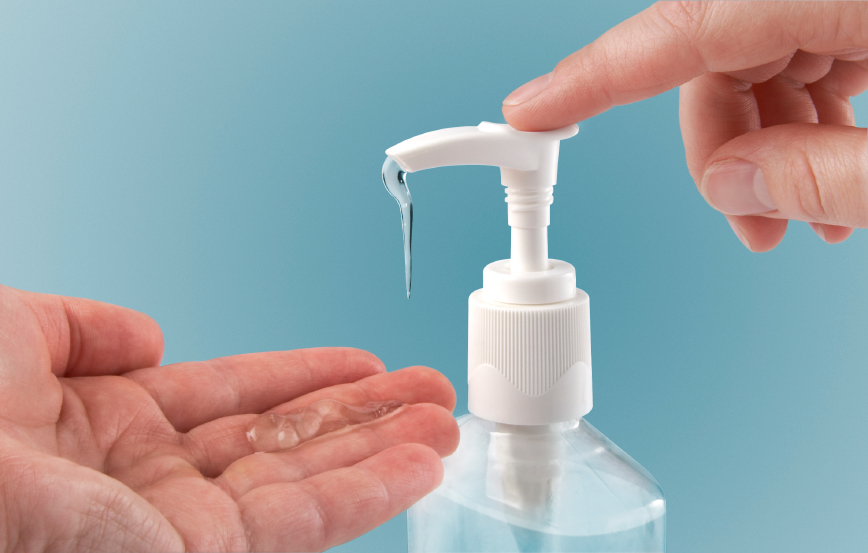Theft Of Nursing Home Resident Medication Can Be A Serious Problem
 In an article out of Cincinnati, Ohio, it is revealed two staff nurses at Woodland Hills Care Center are accused of stealing and selling residents' medications. According to the story, a licensed practical nurse and an assistant administrator of the facility, located in Lawrenceburg, Indiana, are suspected of stealing hydrocodone and oxycodone from residents. What caught my eye about this story, however, is the fact that, apparently, this was not the first time such thefts occurred at the facility. Apparently, a nurse had been charged and convicted for similar conduct previously; that time, the resident whose medications were stolen "slipped into a coma and died" after her pain medications were stolen.
In an article out of Cincinnati, Ohio, it is revealed two staff nurses at Woodland Hills Care Center are accused of stealing and selling residents' medications. According to the story, a licensed practical nurse and an assistant administrator of the facility, located in Lawrenceburg, Indiana, are suspected of stealing hydrocodone and oxycodone from residents. What caught my eye about this story, however, is the fact that, apparently, this was not the first time such thefts occurred at the facility. Apparently, a nurse had been charged and convicted for similar conduct previously; that time, the resident whose medications were stolen "slipped into a coma and died" after her pain medications were stolen.
I wonder what safeguards the Woodland Hills Care Center put into effect after the first time a resident suffered and, ultimately, died following the theft of her pain medication. If experience is any guide, even if the facility instituted safeguards, they obviously were ineffective. Shouldn't the facility now bear some accountability for the needless suffering of its residents whose medications were most recently stolen?
If you are a nursing home resident who receives pain medication on a regular basis and you do not receive your medicine, let your family and the facility's administration know, in writing, of the misssed dose or doses. If you are given "medicine" and get little or no relief, you may have been given something other than your own medication. Let your family and medical provider know you are hurting. Finally, if you are the family member of a nursing home resident, be sure to note any changes in the perceived pain level of your loved one and let someone know if it changes. The fact of the matter is, your loved one may not be getting their prescribed pain medication; it may have been stolen by staff members entrusted with the care of your loved one. Only by paying attention and reporting, can needless suffering be avoided and those responsible for such reprehensible conduct be brought to justice.
 Whether you are required to sign an arbitration agreement upon admission, or are asked to sign one, there are several things you should know. If the agreement is signed, it is, absent some very specific circumstances, binding.
Whether you are required to sign an arbitration agreement upon admission, or are asked to sign one, there are several things you should know. If the agreement is signed, it is, absent some very specific circumstances, binding.

 According to Ms. Span, the tension between family and staff leaves the family concerned that, if they voice their concerns, their family member will suffer because unhappy staff will, in some way, retaliate against the resident for the complaints of the family. To avoid, or at least lessen, the chance for tension between family and staff, Ms. Span provides the suggestions of Karl Pillemer, a gerontologist at Cornell University, and the sociologist J. Jill Suitor of Purdue University:
According to Ms. Span, the tension between family and staff leaves the family concerned that, if they voice their concerns, their family member will suffer because unhappy staff will, in some way, retaliate against the resident for the complaints of the family. To avoid, or at least lessen, the chance for tension between family and staff, Ms. Span provides the suggestions of Karl Pillemer, a gerontologist at Cornell University, and the sociologist J. Jill Suitor of Purdue University: